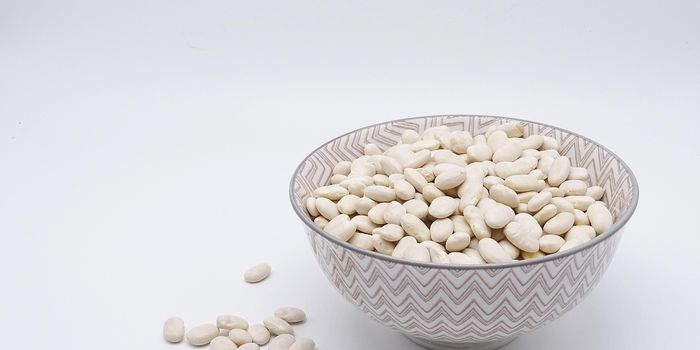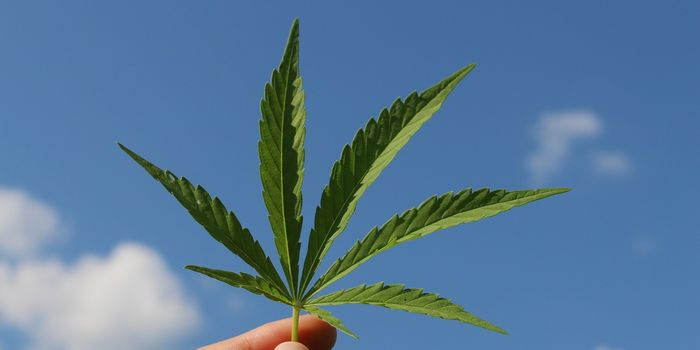Coffee Reduces the Risk of Kidney Injury
If you already start your day with a cup of coffee, then you’ll probably be excited to hear that you should continue drinking it. According to a new research study published in Kidney International Reports, people who drink some coffee every day compared to those who don’t have a lower risk of developing acute kidney injury (AKI).
AKI is a condition characterized by the sudden onset of kidney damage or kidney failure. It’s common in people who have been hospitalized, often following certain surgical procedures.
The study in Kidney International Reports included about 14,000 participants who had been previously recruited for the Atherosclerosis Risk in Communities Study, a study designed to explore factors contributing to atherosclerosis in U.S. communities. Over seven years, researchers conducted surveys to gauge how frequently participants drank an eight-ounce cup of coffee daily: not at all, once, twice, or three or more times.
When adjusting for various factors (including demographics, socioeconomic status, lifestyle habits, etc.), the risk of AKI appeared to be about 15% lower in people who drank some amount of coffee every day compared to those who did not drink coffee. Even taking additional factors into account (including kidney health or hypertension), people who drank coffee still had about an 11% lower risk of AKI.
Researchers speculate that the different compounds in coffee, caffeine, or a combination of the two play a role in coffee’s protective benefits against AKI. Caffeine, in particular, can help kidneys from using too much oxygen. The use of oxygen is key to how a kidney responds to AKI.
More research is needed, however, to determine the exact reason coffee helps protect kidneys from AKI.
Coffee is one of the most popular beverages consumed around the world, with billions of cups consumed every day. Research has also shown for years that drinking coffee can have a range of health benefits. For example, coffee consumption may help people lose body fat, reduce the risk of cardiovascular and metabolic disease, or even help people live longer overall. Now, these new research findings can add AKI protection to the list of health benefits.
Sources: Science Daily; Kidney International Reports; Harvard








